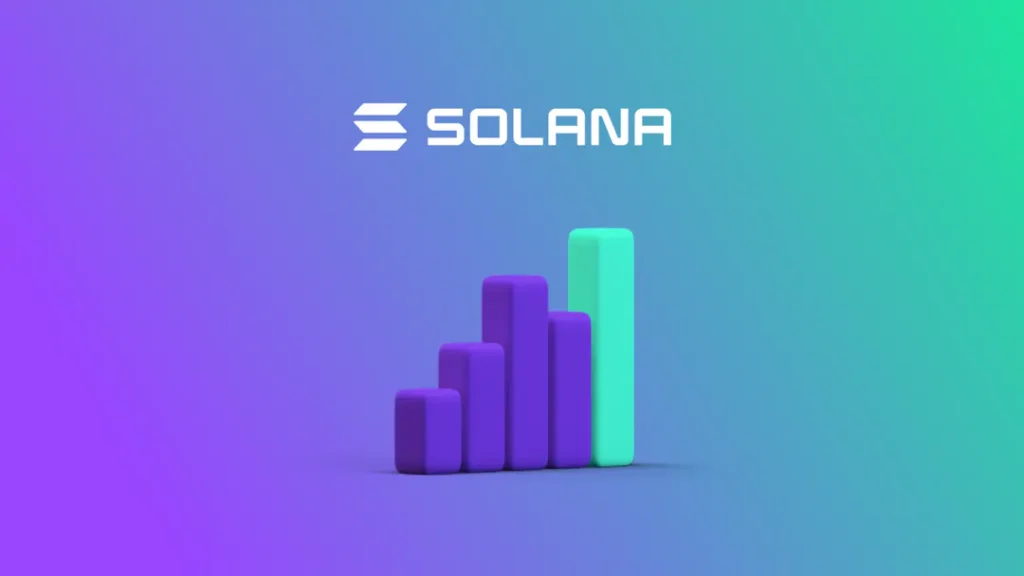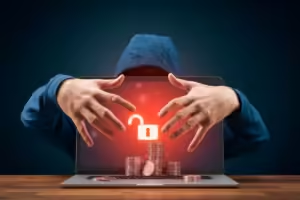Solana Validators to Receive Full Priority Fees as SIMD-0096 Proposal Gets Green Light

QUICK TAKE
- Solana validators have approved SIMD-0096, allocating all transaction priority fees to validators.
- This ends the previous 50/50 split between burning fees and rewarding validators.
- The proposal garnered 77% support from validators.
In a significant shift for the Solana blockchain, validators have voted in favor of Solana Improvement Document (SIMD)-0096. This new proposal changes how transaction priority fees are handled, directing 100% of these fees to validators instead of the previous system that split the fees equally between burning them and rewarding validators. The vote saw robust support, with 77% of validators backing the proposal.
Background and Motivation
The SIMD-0096 proposal was introduced to address issues related to validator incentives and network security. Under the old system, priority fees were split 50/50, with half being burned and the other half going to validators. This system aimed to balance network security with fee management, but it also led to some unintended consequences.
One of the key motivations for this change was to ensure validators have a stronger incentive to prioritize the security and efficiency of the network. The original proposal highlighted concerns that the old system might encourage validators to engage in side deals with transaction submitters, which could potentially undermine the integrity of the network.
Details of the Proposal
SIMD-0096 specifically targets the allocation of priority fees in Solana transactions. Priority fees are additional, optional fees that users can attach to their transactions to increase the likelihood of their transactions being processed quickly. These fees push transactions to the front of the execution queue, enhancing their inclusion guarantee.
Under the new system, all priority fees will now go directly to the validators who produce the blocks, ensuring they are fully rewarded for their work in maintaining the network. This is expected to enhance the overall security and reliability of the blockchain by aligning validators’ incentives more closely with those of the network.
Despite the changes to priority fees, the proposal retains the burning mechanism for base transaction fees. This means that while priority fees will go entirely to validators, 50% of the base fees (or normal fees) paid in transactions will still be burned. This dual approach aims to balance network incentives with the deflationary aspects of fee burning.
Community and Validator Response
The on-chain vote saw strong support from the validator community, with 77% voting in favor of the proposal. This level of support indicates a broad consensus among validators that the changes will benefit the network by improving validator incentives and reducing the risk of detrimental side deals.
Supporters of the proposal argue that it will make the Solana network more secure and efficient. By ensuring that validators are adequately rewarded for their contributions, the network can maintain a higher level of operational integrity and performance.
Critics, however, have raised concerns that eliminating the burning of priority fees could reduce the deflationary pressure on the SOL token. They argue that the burn mechanism is an important tool for managing the token’s supply and ensuring long-term value appreciation. The compromise of maintaining the 50% burn on base fees appears to have been a key factor in gaining the broad support the proposal received.
Implications for Solana
The approval of SIMD-0096 marks a notable development in Solana’s ongoing efforts to optimize its fee structure and validator incentives. By shifting the allocation of priority fees entirely to validators, Solana aims to bolster the security and reliability of its network, ensuring that validators have a clear incentive to prioritize network health.
This change also positions Solana as a more attractive platform for validators, potentially increasing the number of participants and the overall robustness of the network. As the blockchain space continues to evolve, such adjustments are crucial for maintaining competitive edge and ensuring long-term sustainability.
In conclusion, the passage of SIMD-0096 represents a strategic move for Solana, one that aligns validator incentives more closely with the needs of the network. With strong community support and a clear rationale for the changes, this proposal is poised to enhance the performance and security of the Solana blockchain. As the network continues to grow, these kinds of improvements will be essential in maintaining its position as a leading blockchain platform.



